Citizen Science (CS) in Europe, as elsewhere, continues to manifest itself in a variety of different ways. While attracting interest across multiple sectors of society, its definition remains unclear. The first CS Track White Paper on Themes, objectives and participants of citizen science activities has just been published and, along with the initial results of the first large scale survey into participation in citizen science, provides an important snapshot of the nature of citizen science in Europe. This short report focuses on one aspect that emerges in this white paper.
Citizen Science project themes
Our research team found that the main CS project themes tend to be from agricultural, biological and environmental sciences while emerging themes include applied sciences like engineering, medicine, and government policy-related fields.
Along with the emergence of a variety of different themes, they also noted that the way citizen science projects are set up and managed is changing in multiple ways.
The changing nature of Citizen Science projects
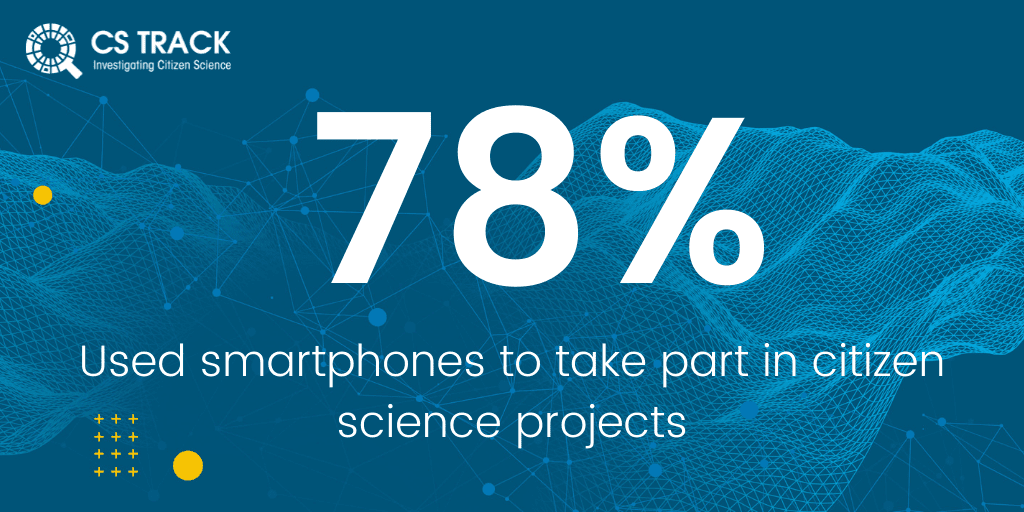
- An increasing number of projects are hosted virtually, have online components and/or have implemented technology as part of the project.
- Digital technology and social media have increased both the attention citizen science projects receive and the number of participants they attract.
- The availability of smartphones and related technologies has helped to diversify citizen science away from traditional areas such as birdwatching and astronomy.
- Citizen science is playing an increasing role in applied sciences like engineering, medicine, and government policy-related fields.
- Citizen scientists are also reporting small, everyday things that support and uphold crucial public infrastructure, such as mapping potholes.
- Solving mega-challenges like climate change requires multidisciplinary research. This increasingly multidisciplinary aspect is also evident in citizen science projects.
- Taking part in citizen science can also work as a low-barrier introduction to various fields of science that might otherwise be out of reach or difficult to approach.
- Doing citizen science in your own chosen field contributes to lifelong learning, which can have a benefit in terms of social inclusion, and active citizenship.
Furthermore, the team noted that citizen science is particularly helpful in supporting research fields where the large scale collection of data is vital but where resources are limited. They also recorded that citizen scientists’ work can be a crucial link in the production of scientific knowledge, which may be used to influence research-based policy decisions.

Re-Assessing the value of Citizen Science projects
Citizen Science
- enables scientists to conduct time-consuming and expensive projects that cannot be done without the support of citizen scientists.
- helps citizen scientists can get a better understanding of scientific processes which is helpful at times when trust in scientific processes is low like during a pandemic.
- empowers participants to further develop their skills and competences and have an impact on society and political decision-making.
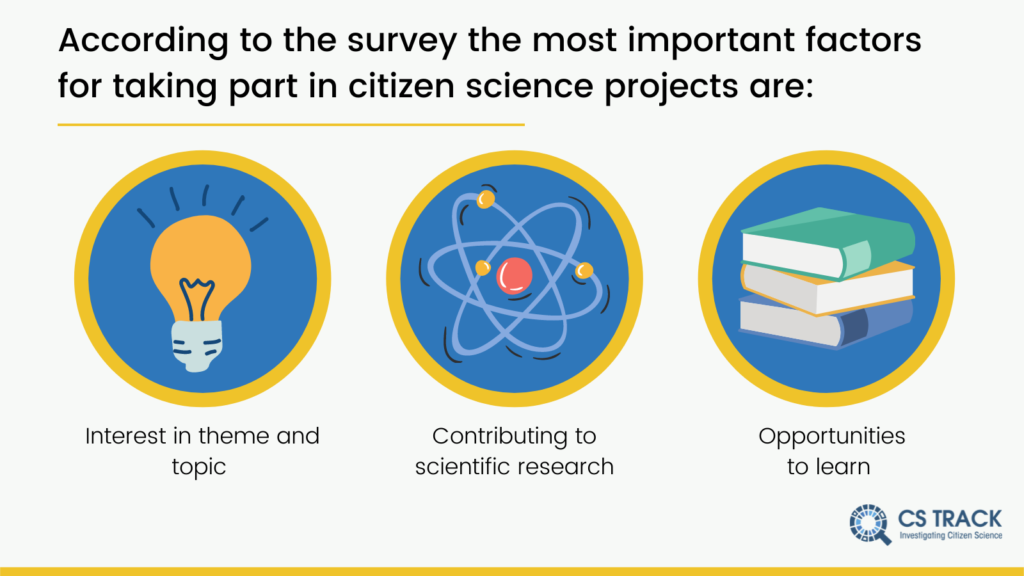
For more information
- Download the full report available here.
- Follow our work via our project website: cstrack.eu
- Sign up for our newsletter: cstrack.eu/emagazine
- Contact us: info@cstrack.eu
References
Photo by Stefan Fluck on Unsplash
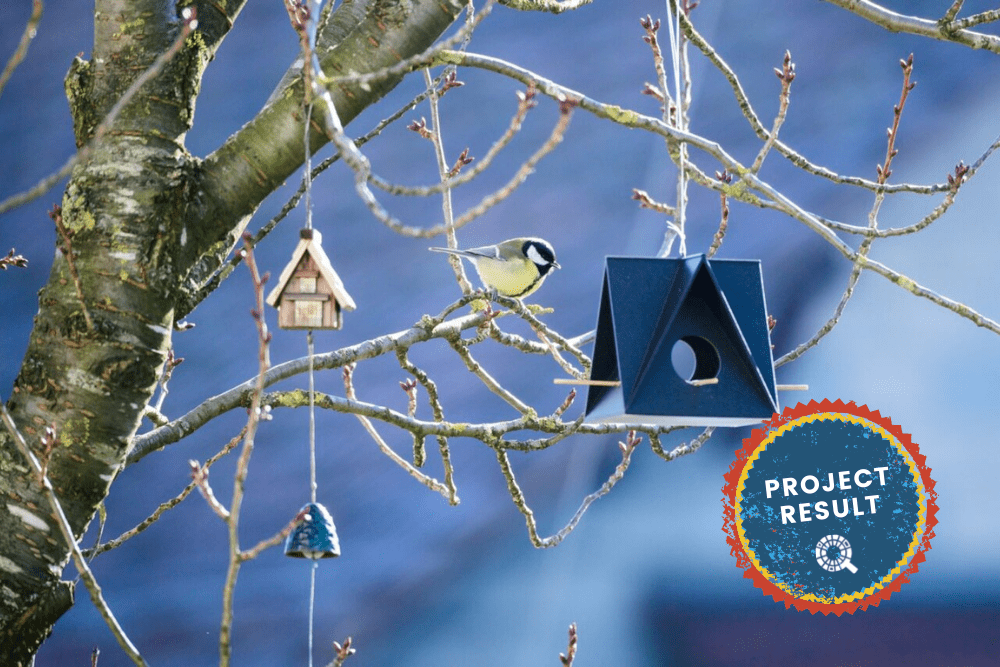

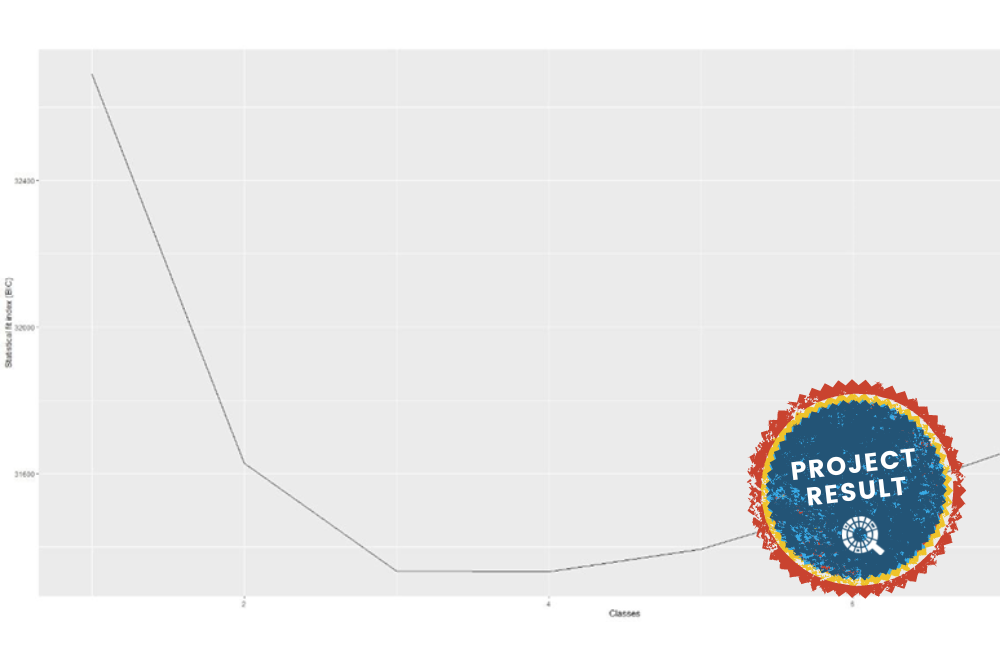
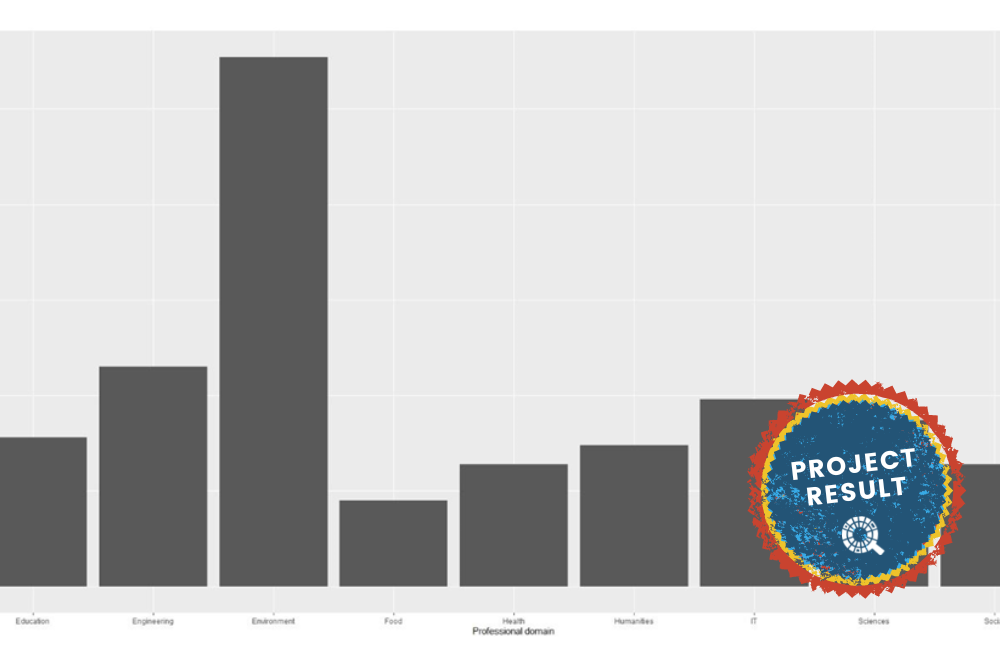
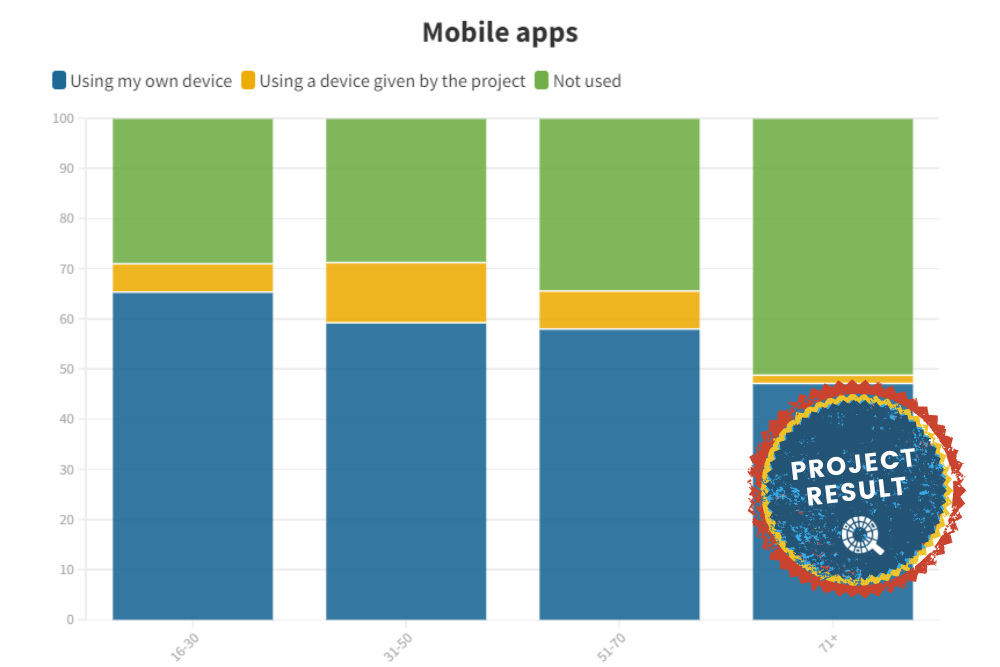
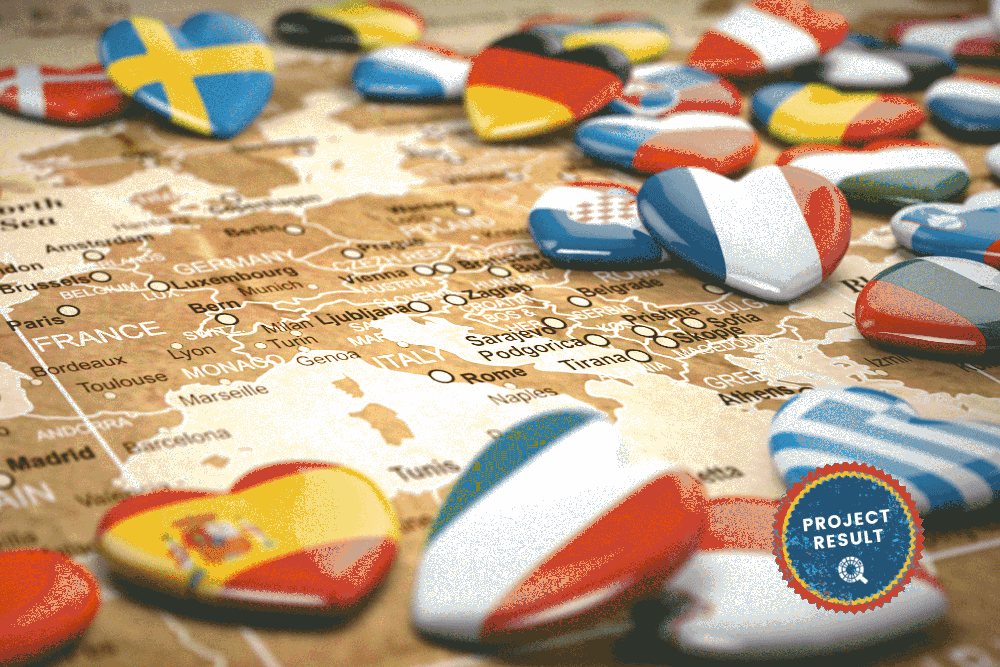










very impressive report!! excellent work. i wonder whether the data presented in this article are based only on the projects’ survey and or on more sources of data collected in this field.
the information brought in this article is very interesting and relevant in this field.
Thank you for this analysis. I am also interested in understanding how this data was collected and what the sample size and distribution was.
Thank you, Ella, for the questions. The data was collected in a web survey. The survey was distributed both nationally and internationally using media, webpages and citizen science groups in EU. We got responses little over 1000 participants from across EU.
Regards, Ohto Sabel, JYU
Thank you, Reuma, for the comments and questions. These results are based on the projects’ survey results.
Regards, Ohto
Thank you for this report.
Could you clarify what the difference between the “agriculture and biological sciences” and “environmental science” described above and your reference to “biology” and “ecology” in the last section of this article.
Thanks!
Thank you, Ella. A very good and relevant question! In the grouping of different fields we used the categorization presented by Scopus. Similar kinds of categories are used in other citation datebases.
Please, if you have any further questions, feel free to post here or by email.
Regards,
Ohto Sabel, JYU.